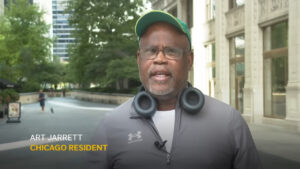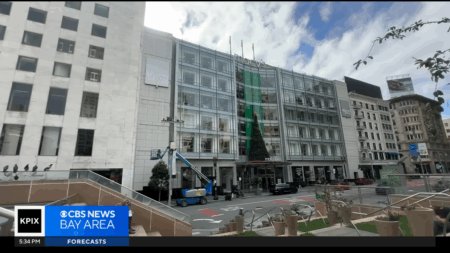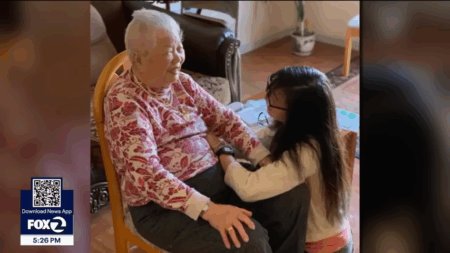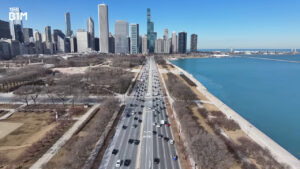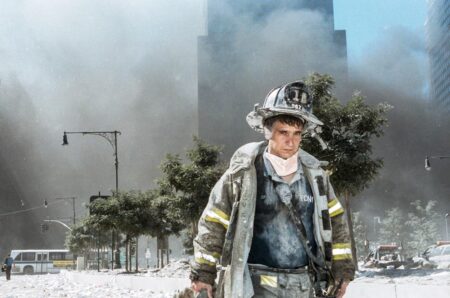Chicago Residents Push Back Against Federal Troop Deployment Threats Amid Crime Concerns
Community Voices Challenge Negative Portrayals of Chicago
President Donald Trump’s recent declaration to deploy National Guard forces to Chicago ignited a wave of backlash from locals who reject his severe characterization of the city as a “killing field.” This rhetoric has intensified debates surrounding public safety in America’s third-largest metropolis, where residents emphasize a more nuanced reality.
Longtime Locals Affirm Chicago’s Safety and Resilience
Having called Chicago home for nearly six decades, many residents express confidence in the city’s safety. One longtime inhabitant remarked, “After 57 years here, I feel secure. Compared to other cities I’ve visited, Chicago is far less plagued by drug-related issues.” This perspective highlights the city’s strengths often overshadowed by sensational headlines.
Crime Trends Show Significant Improvement
Recent statistics reveal encouraging progress: over the past year, the United States experienced a 20% reduction in homicide rates, while Chicago outpaced this trend with a 30% decrease. These figures suggest that, contrary to some narratives, Chicago is making meaningful strides in combating violent crime.
Federal Intervention: Unnecessary and Potentially Misguided
Many locals question the need for federal troops, arguing that such measures are disproportionate and could exacerbate tensions. “If the situation were truly dire, it would be evident in everyday life,” one resident noted. The sentiment is that federal involvement should be supportive rather than intimidating, reflecting the government’s role as a partner rather than an adversary.
Criticism of Political Motives Behind Troop Deployment
Critics also point to perceived contradictions in the president’s stance, noting his investment in Chicago real estate as evidence that the city is not as dangerous as portrayed. “Trump owns property here; he wouldn’t have done that if he believed it was a war zone,” a local commented. Furthermore, there is skepticism that any troops sent would be stationed in affluent neighborhoods, raising concerns about equity and genuine community support.
Looking Ahead: Building on Progress and Community Trust
As Chicago continues to reduce violent crime, fostering trust between residents and government entities remains crucial. Emphasizing collaborative approaches and accurate representations can help ensure that efforts to improve safety are both effective and respectful of the city’s diverse communities.







